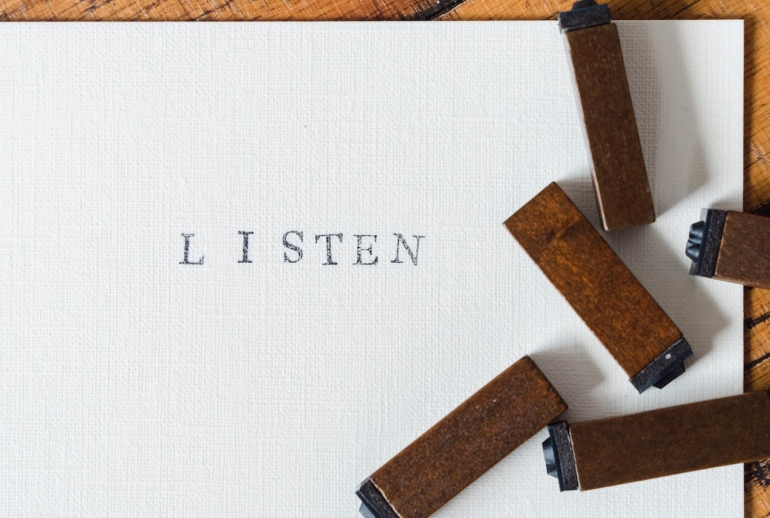In his book, How to be Perfect, Michael Schur tells an amusing story on himself about buying a cup of coffee at his neighborhood coffeeshop. Schur said the routine was well established. He would order the same thing every time and pay for his drink after the barista took his order and rang up the total. The barista would then turn away to prepare his drink, and turn back to hand it to him. And each time Schur would wait until the barista turned back and was looking at him before dropping his tip into the tip jar. He made certain the barista was watching before he’d leave his tip.
The memory embarrassed Schur. He wondered if wanting to be seen tipping made the act less admirable than if he simply dropped the money into the jar unobserved because it was the right thing to do.
Margie laughed when I told her Schur’s story. It was a knowing laugh, just as I had laughed when I first read it in How to be Perfect. We laughed, because it turns out we both do the same thing. All the time. In fact, I prefer the coffee shop where the tip jar is out of reach so I must hand my tip to the barista at the drive-through window. And when I go to the shop where the tip jar is within reach, I wait until the barista is handing my drink through the window. Before accepting my drink, I pause to drop the money in the jar. And, if details matter, this further complicates things since my timing of tipping means those behind me in line will have to wait a bit longer. But in ethics, like the saying goes, the devil is in the details.
Here’s Michael Schur:
When I suddenly realized that I was doing this—after maybe the hundredth time I did it—so many questions popped into my head at once: Why did I need that person to see me perform such a minuscule act of kindness? Did I crave some kind of ethical credit for tipping? Or was it perhaps the fear that if he didn’t see me do it, he’d think I was the kind of person who didn’t tip? What did this mean for the (different but related) act of charitable giving—is there a greater moral value in donating anonymously? If so, isn’t that annoying? [p. 115]
Well, yes, it is annoying.
On the other hand, hearing “thank you” is satisfying. Living is hard enough in this broken world that receiving a little positive feedback is nice.
Which, I suppose, makes Jesus’ teaching annoying. “Beware of practicing your piety before men in order to be seen by them,” he said, “for then you will have no reward from your Father who is in heaven. Thus, when you give alms, sound no trumpet before you, as the hypocrites do in the synagogues and in the streets, that they may be praised by men.” (Matthew 6:1-2).
I am tempted at this juncture to point out that tipping a barista isn’t precisely what Jesus had in mind when he was referring to giving alms. Lattes were unknown in the 1st century. And, I’m not exactly sounding a trumpet to be praised. I’m just quietly dropping money into a jar in such a way to be observed. And I am also tempted to argue that my main goal isn’t getting praise—though I do appreciate the barista’s “Thank you, sir”—my primary goal is making certain the barista knows I appreciate them and their service. Baristas are underappreciated and I want to try to do my little part in righting that wrong. So, isn’t that good?
“Truly, I say to you,” Jesus adds, “when you give alms, do not let your left hand know what your right hand is doing, so that your alms may be in secret; and your Father who sees in secret will reward you.” (Matthew 6:3-4).
Jesus is speaking as a sage, a man demonstrating an ancient wisdom tradition that stretches back many generations. The intention is not to delineate laws (though legalists are always eager to do this) but to invite hearers to choose wisdom over foolishness, to choose to live intentionally instead of by default. To encourage us to embrace virtue over fleeting rewards, whether societal accolades or good feelings. The solution is not to produce a rule to follow at each coffeehouse, but to seek to be wise, embracing virtue for its own sake. To be content to live before the audience of One.
Margie and I continue to talk about this, uncertain how to proceed in every instance. We want to make the barista feel noticed and appreciated, but we also don’t want to flirt with hubris.
One thing is obvious, I think—keeping clear of legalism means keeping a sense of humor about it all.



